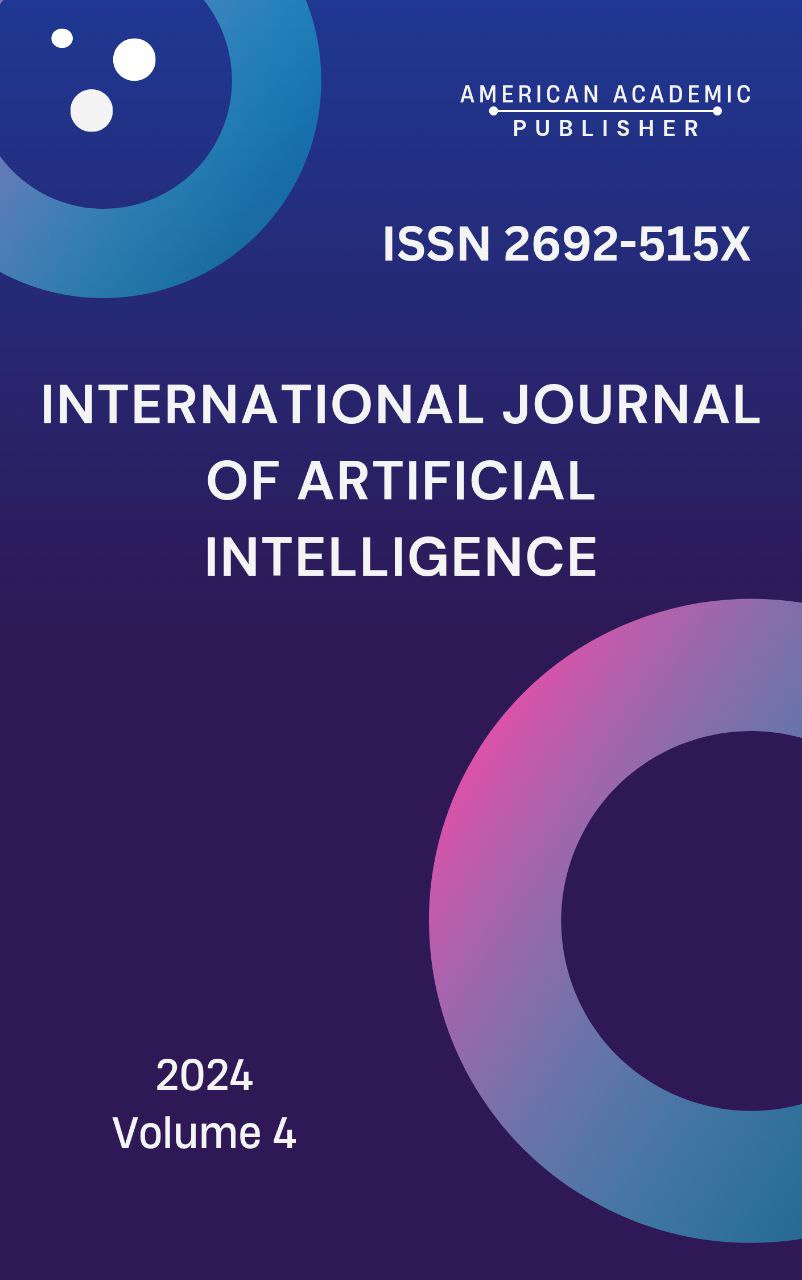 Articles
| Open Access |
Articles
| Open Access | THE URBANIZATION ECONOMY: DIFFICULTIES AND APPROACHES FOR SUSTAINABLE GROWTH
Mukhammad Samadkulov , Doctor of Philosophy in Economics, The Yangiyer branch of the Tashkent Chemical Technology Institute,Syrdarya, Uzbekistan.Abstract
The process of urbanization presents both economic opportunities and challenges for sustainable development. This article explores the economics of urbanization, highlighting the challenges it brings and discussing strategies for achieving sustainable urban development. The economic benefits of urbanization include job creation, innovation, and increased productivity. However, challenges such as strain on infrastructure, social inequality, environmental sustainability, and informal settlements need to be addressed. Strategies for sustainable urban development include integrated urban planning, investments in infrastructure, affordable housing initiatives, sustainable transportation systems, and inclusive policies. By adopting these strategies, cities can harness the economic opportunities of urbanization while ensuring long- term sustainability and inclusivity for their residents.
Keywords
Urbanization, Economics, Challenges, Sustainable development, Infrastructure, Social inequality, Environmental sustainability
References
Glaeser, E. L. (2011). Triumph of the City: How Our Greatest Invention Makes Us Richer, Smarter, Greener, Healthier, and Happier. Penguin Books.
World Bank. (2015). Urbanization and Development: Emerging Futures. Washington, DC: World Bank.
UN-Habitat. (2016). Urbanization and Development: Emerging Futures. Nairobi: UN-Habitat.
Acuto, M., & Parnell, S. (Eds.). (2018). Reconceptualizing Urbanization: A Comparative Perspective. Routledge.
Angel, S., & Parent, J. (2011). Making Room for a Planet of Cities. Cambridge Journal of Regions, Economy and Society, 4(1), 7-22.
Durand-Lasserve, A., & Royston, L. (2002). Regularizing Informal Settlements in Buenos Aires: The Impact of Property Titling Program. Environment and Urbanization, 14(2), 93-112.
OECD. (2016). Urban Green Growth in Dynamic Asia: A Conceptual Framework. Paris: OECD Publishing.
Satterthwaite, D. (2007). Cities’ Contribution to Global Warming: Notes on the Allocation of Greenhouse Gas Emissions. Environment and Urbanization, 19(1), 147-163.
United Nations. (2018). World Urbanization Prospects: The 2018 Revision. New York: United Nations.
Kabisch, S., & Haase, D. (Eds.). (2014). Urban Transformations: Sustainable Urban Development through Resource Efficiency, Quality of Life, and Resilience. Springer.
World Resources Institute. (2019). The World Resources Report: Towards a More Equal City. Washington, DC: World Resources Institute.
Seto, K. C., et al. (2018). City-scale Climate Change Mitigation in the United States. Nature Communications, 9(1), 1-12.
Pacione, M. (2009). Urban Geography: A Global Perspective. Routledge.
Moomaw, W., et al. (2019). Urbanization and the Carbon Cycle: Contributions from Social Science. Earth's Future, 7(4), 425-450.
Bhan, G., et al. (2019). The Routledge Companion to Planning in the Global South. Routledge.
Turdaliyev, I., & Samadkulov, M. (2024). THE GREEN ECONOMY: PAVING THE PATH TO SUSTAINABLE PROSPERITY. Science technology&Digital finance, 2(2), 49-51.
Samadkulov, M. (2023). THE ECONOMICS OF URBANIZATION: CHALLENGES AND STRATEGIES FOR SUSTAINABLE DEVELOPMENT. SPAST Abstracts, 2(02).
Самадкулов, М., Шукурова, И., & Туйчиев, Д. (2023). Raqamli iqtisodiуot sharoitida mоliуa bоzоri va undа bаnk infrаtuzilmаsining o ‘rni. Информатика и инженерные технологии, 1(2), 160-164.
Gurbandurdievich, M. Q. (2023). Conceptual Basics of Improving Innovative Capacity and its Increase Mechanism. Texas Journal of Multidisciplinary Studies, 20, 1-4.
Самадқулов, М. И. Ў. (2022). МАМЛАКАТ ИННОВАЦИОН САЛОҲИЯТИНИ ОШИРИШ МЕХАНИЗМИНИ ТАКОМИЛЛАШТИРИШНИНГ КОНЦЕПТУАЛ АСОСЛАРИ. Экономика и финансы (Узбекистан), (3 (151)), 70-76.
САМАДҚУЛОВ, М. ИҚТИСОД ВА МОЛИЯ. ИҚТИСОД ВА МОЛИЯ Учредители: Национальный университет Узбекистана им. Мирзо Улугбека, (3), 70-76.
Article Statistics
Downloads
Copyright License

This work is licensed under a Creative Commons Attribution 4.0 International License.
